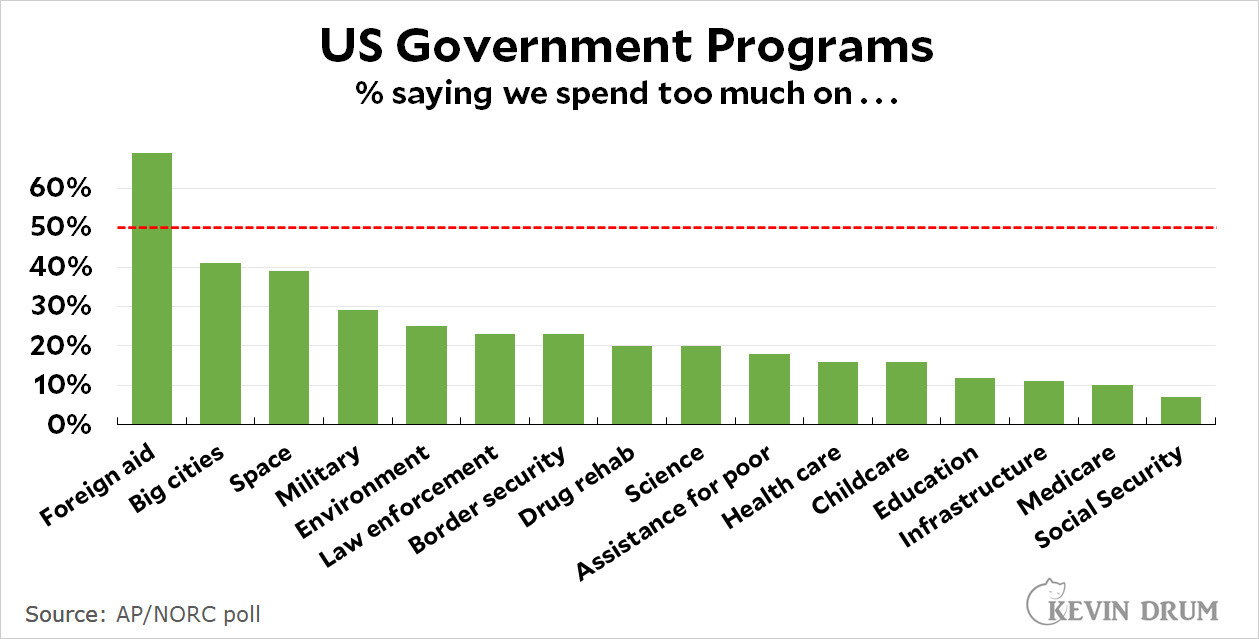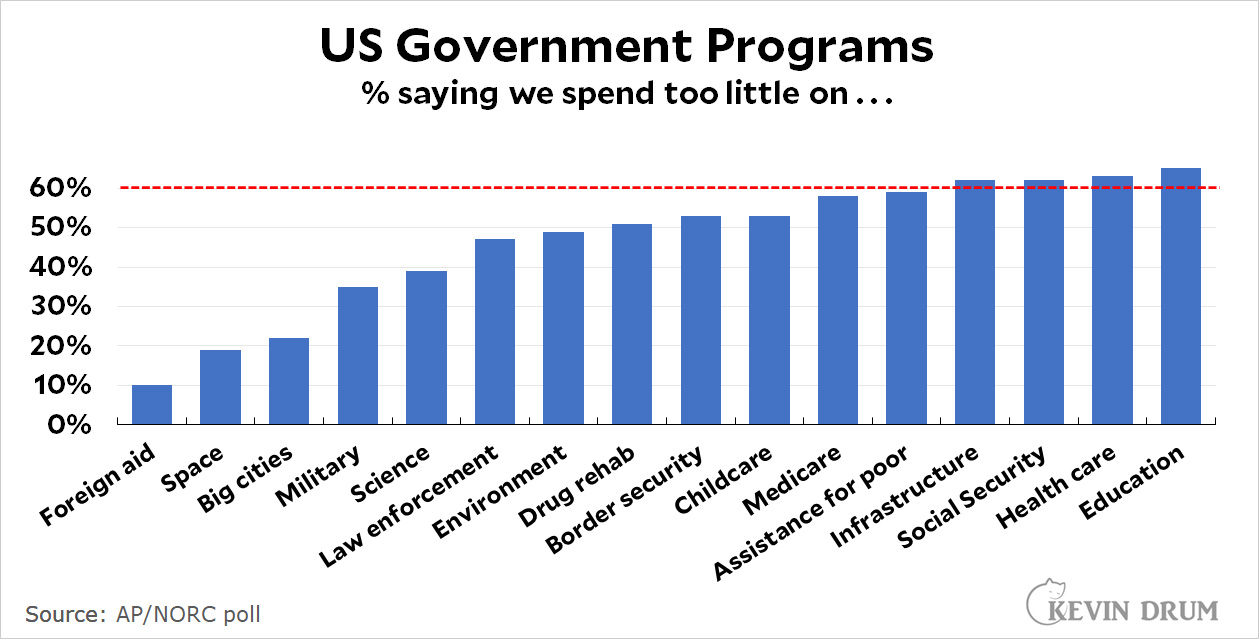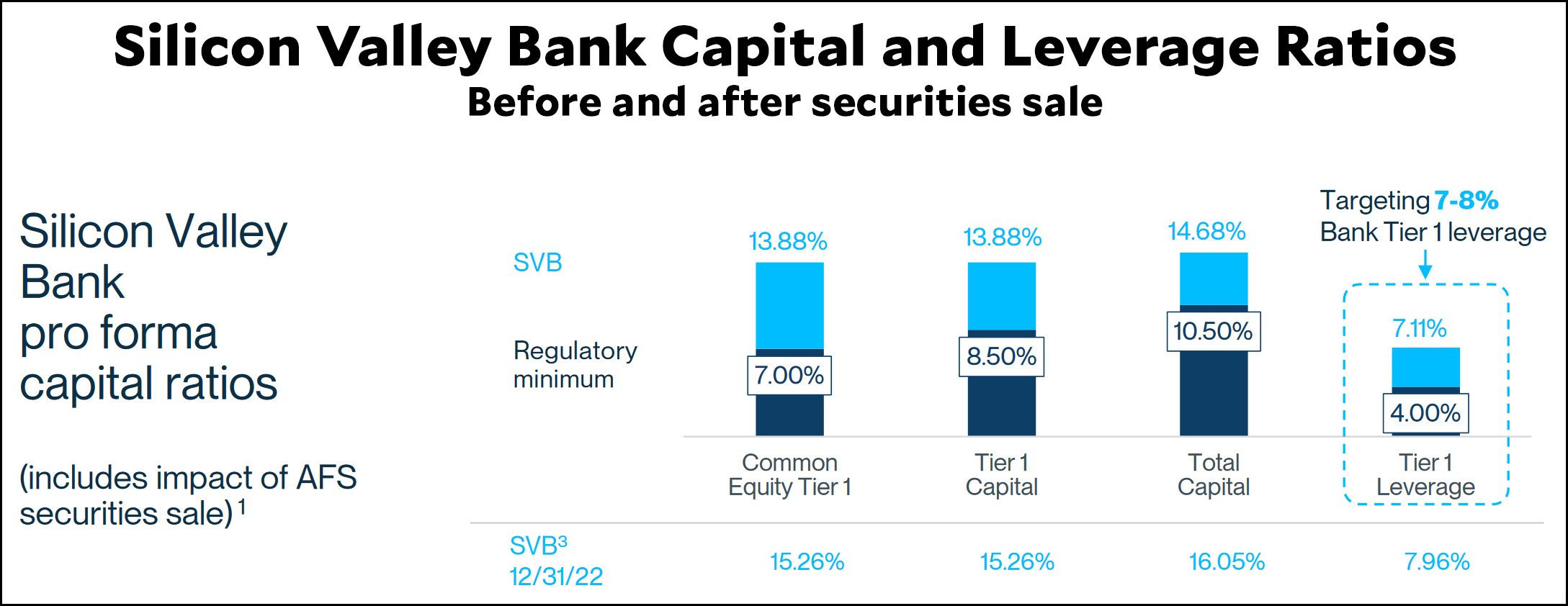As we all know, Florida Gov. Ron DeSantis took revenge on Walt Disney Co. last year after its CEO dared to criticize DeSantis's anti-gay stance. Unfortunately for DeSantis, he didn't really think things through.
First he decided to get rid of the special assessment district that Florida granted to Disney World back when it was first built. But it turned out this would reduce Disney's taxes a bunch and transfer them to the God-fearing residents of Orlando. Oops. So recently he signed a bill that reinstated the district but allowed him to appoint all its directors. Checkmate!
Not quite. Michael Hiltzik tells the story:
DeSantis handpicked a board of cronies to take over control of Reedy Creek Improvement District — the quasi-governmental entity that Disney and Florida established more than 55 years ago to control development and management of the land on which Walt Disney World, EPCOT and the company’s related enterprises are located.
DeSantis’ board has now revealed that, while they were snoozing, Disney executed an agreement with their predecessors that strips the new board of all its powers except the authority to “maintain the roads and maintain basic infrastructure,” according to one of the new board members.
Hilariously, the agreement Disney reached will remain in effect at least until 21 years “after the death of the last survivor of the descendants of King Charles III, King of England,” currently living. More on this delicious provision in a moment.
Foiled again. But what's this stuff about King Charles? Well, the law doesn't allow you to make changes like this in perpetuity, so you have to tie it to the lifetime of someone currently living.¹ The youngest spawn of King Charles III probably have 80 more years ahead of them, which gives this agreement a 100-year lifespan. And since their lives are the most minutely recorded vital statistics on the planet, there should be no argument about whether any of them are alive at any given moment.
But wait. It gets better:
I *guarantee* that the Disney lawyer who suggested this stratagem remembered it not from law school but from the 1981 movie "Body Heat," set in Florida, starring Wm Hurt & Kathleen Turner, the plot of which turns on Hurt, a lawyer, having messed up the Rule Against Perpetuities. https://t.co/00cou0NVT4
— Eric Redman (@ricredman) March 30, 2023
Technically, I probably don't approve of Disney's legal shenanigans. But in this case I think it's a fair competition between two powerful actors hellbent on destroying each other. Go Disney!
¹Oddly enough, I know about this because my own grandfather tied his will to the lifetime of my sister, who was his youngest relative at the time of his death. If the law had allowed it, he almost certainly would have made his instructions permanent.²
²In the end, his efforts to control things from the grave came to nought. He didn't foresee the inflation of the '70s, which steadily began eating away his entire bequest. For that reason, a judge allowed my family to get the terms of the trust broken.






